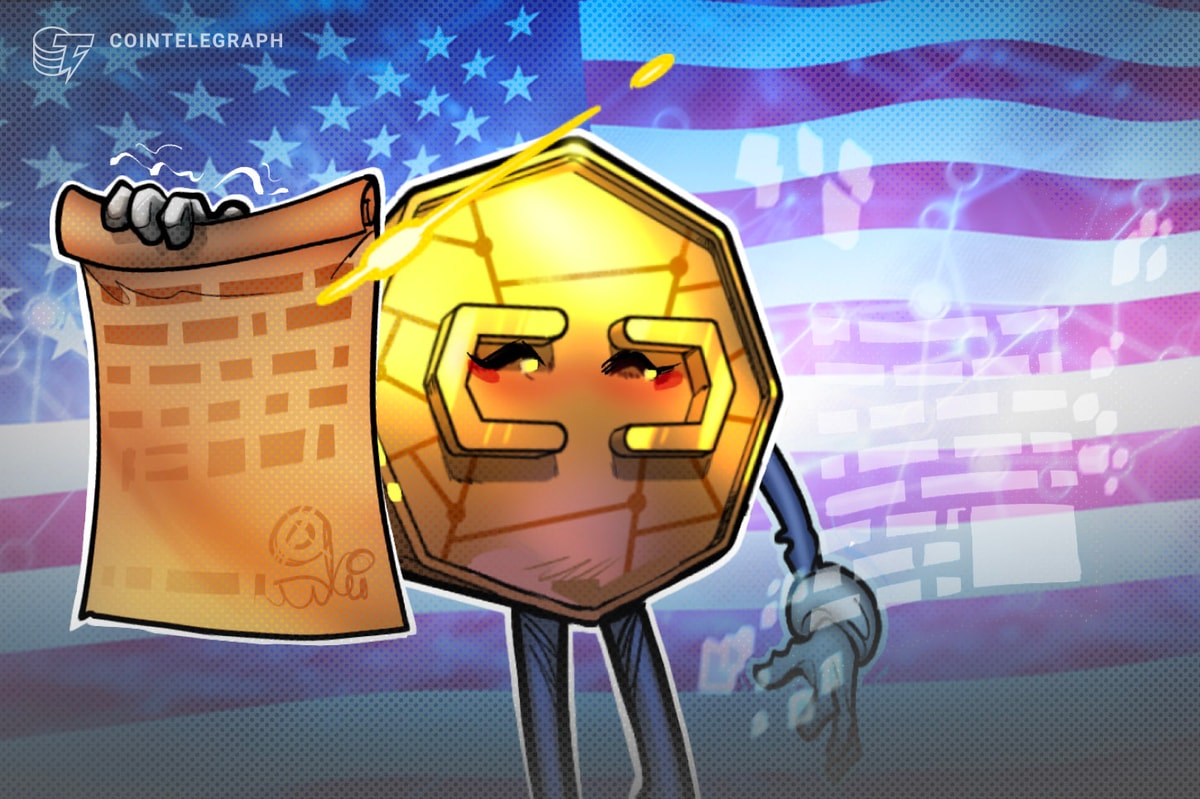The US Senate updated its crypto market structure bill on Friday, adding a key provision to clarify how tokenized assets are regulated.
The new clause would ensure that stocks and other securities remain classified as securities when tokenized on a blockchain, avoiding potential confusion over whether they should fall under commodities regulation.
The distinction is important for digital asset firms working on tokenization. Stocks are already regulated as securities. When tokenized, keeping them as securities confirms they stay compatible with broker-dealer frameworks, clearing systems and trading platforms.
“We want this on the president’s desk before the end of the year,” Wyoming Senator Cynthia Lummis, a lead sponsor of the legislation, said in an interview with CNBC.
Related: CLARITY Act isn’t perfect, but it’s the bill US Congress must pass this summer
Crypto bill splits oversight between SEC and CFTC
The Senate’s bill, dubbed the Responsible Financial Innovation Act of 2025, clarifies when digital assets should be overseen by the Securities and Exchange Commission versus the Commodity Futures Trading Commission.
Lummis told CNBC that she expects the Senate Banking Committee to vote this month on the SEC-related provisions, followed by a vote from the Agriculture Committee in October on CFTC oversight. A full Senate vote could happen as soon as November.
While the draft has yet to win Democratic backing, Lummis said bipartisan negotiations are in progress. “There have been efforts to pair Democrats and Republicans on certain sub-issues within the bill,” she noted, hoping to build cross-party momentum.
Related: Crypto bills move forward after nine-hour stalemate on House floor
Crypto firms urge Senate to protect devs in market bill
Last month, a group of 112 crypto companies, investors, and advocacy organizations urged the US Senate to include protections for software developers and non-custodial service providers in its upcoming crypto market structure legislation.
In a letter to the Senate Banking and Agriculture Committees, the coalition warned that outdated financial rules risk misclassifying these actors as intermediaries.
Major players like Coinbase, Kraken, Ripple, a16z and Uniswap Labs joined the call, arguing that regulatory uncertainty is already driving developers away. Citing data from Electric Capital, the letter noted that the US share of open-source blockchain developers dropped from 25% in 2021 to 18% in 2025.
Magazine: Can privacy survive in US crypto policy after Roman Storm’s conviction?
Source link
